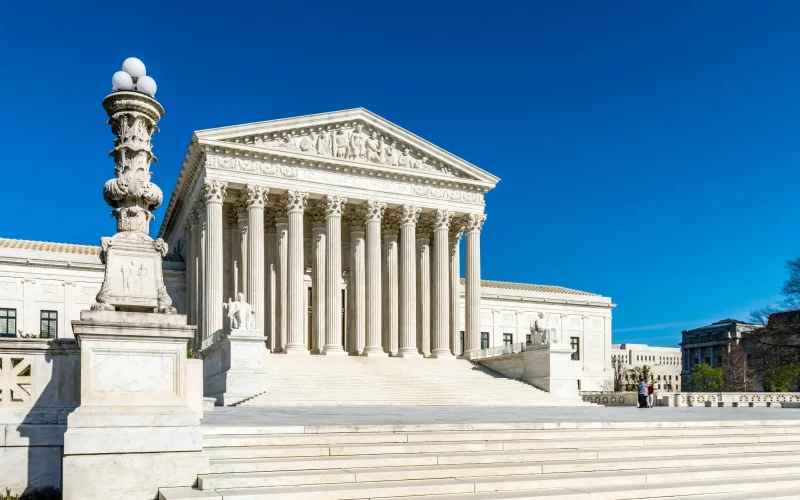The Supreme Court is set to review a legal challenge on the unconstitutional collaboration between a state government agency and Twitter to censor so-called “election misinformation.”
The appeal case, O’Handley v. Weber, scrutinizes the actions of California’s Office of Election Cybersecurity, which coordinated with Twitter to moderate ““false or misleading” information regarding elections.
This case, filed with the Supreme Court on June 8, echoes the concerns found in the free speech lawsuit, Missouri v. Biden, currently under appeal in the Fifth Circuit. The fundamental question being asked is whether the government can lawfully prompt private entities to suppress constitutionally protected speech.
Rogan O’Handley, the plaintiff, a former entertainment lawyer turned conservative political commentator, alleges that he was censored and later suspended by Twitter. This action followed the flagging of his account by California’s Office of Election Cybersecurity, an entity established in 2018 to “observe and respond to inaccurate or misleading information about the electoral process” online.
According to court records, O’Handley’s account was flagged due to a post he made that called for an audit of California ballots over alleged “widespread” election fraud in 2020. The Ninth Circuit Court backed California in March, ruling that the state “has a significant stake in voicing its position on the integrity of its electoral process.”
The Ninth Circuit concluded that “the State’s decision to counter what it perceived as election misinformation by engaging directly with Twitter, rather than publicly voicing its stance, doesn’t diminish its speech rights or convert acceptable government speech into a concerning negative action.”
Eric Sell, one of O’Handley’s lawyers, who works for the Center for American Liberty Associate Litigation, said they “disagree with both the factual characterization that the Ninth Circuit adopted of what actually is happening here and the court’s legal analysis.”
In their Supreme Court petition, they argued, “State officials crossed constitutional lines here, discriminating on the basis of viewpoint and then claiming their own speech warranted more protection than that of private citizens. But the courts below gave the State a free pass.”
O’Handley’s petition urges the Court to evaluate two principal issues: whether a state can “establish an agency whose purpose it is to single out speech it disfavors for private companies to censor” and whether it can “then evade First Amendment scrutiny by proclaiming it was merely engaging in its own government speech.”

